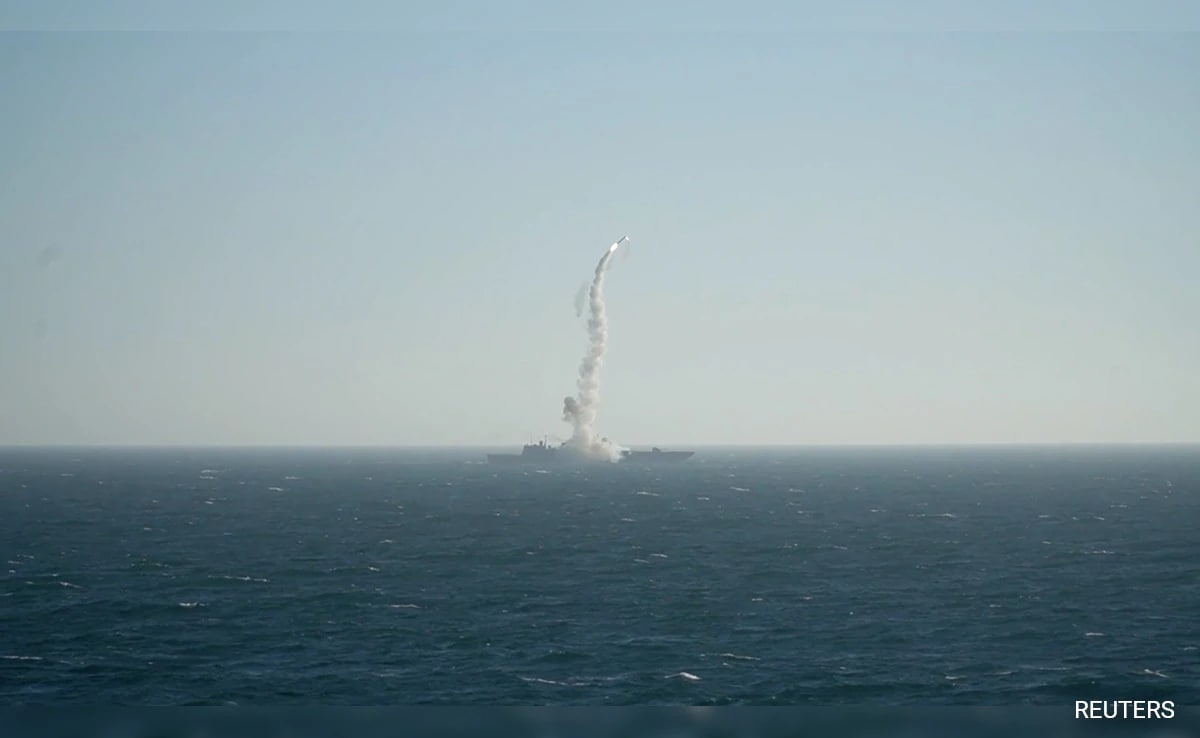The UAE is a partner of the coalition that has been battling the Houthis since 2015, shortly after the group took over the Yemeni capital. On Monday, police in the UAE capital of Abu Dhabi said that three petroleum tanker trunks had exploded near the city’s port and that a “minor fire” broke out at the city’s international airport. The police said that initial investigations suggested drones may have been involved in the incidents. Two Indian nationals and one Pakistani were killed in the attacks, police said.
On Twitter, Hussein al-Ezzi, deputy foreign minister in Sanaa, said in a tweet that children were among those killed in the strikes on Sanaa.
Nasraddin Amer, the deputy minister of information in Houthi-controlled Sanaa, said the attacks on Abu Dhabi were in retaliation for the UAE’s “escalation” in the conflict in Yemen, where fighting has recently ramped up in the contested provinces of Shabwa and Marib. Earlier this month, the UAE-backed Giants Brigade, a Yemeni force, announced it had retaken control of Shabwa from the Houthis.
UAE Foreign Minister Sheikh Abdullah bin Zayed Al Nahyan condemned the Houthi attacks and said in a statement that “those responsible for this unlawful targeting of our country will be held accountable.”
U.S. national security adviser Jake Sullivan said in a statement Monday that Washington “will work with the UAE and international partners to hold them accountable.”
The Saudi-led coalition regularly launches airstrikes on Houthi-controlled territory, including in Sanaa. The Houthis have often framed their drone and missile attacks on Saudi Arabia and the UAE as retaliation for those strikes.
Read more:
.png)











 English (United States) ·
English (United States) ·  Turkish (Turkey) ·
Turkish (Turkey) ·